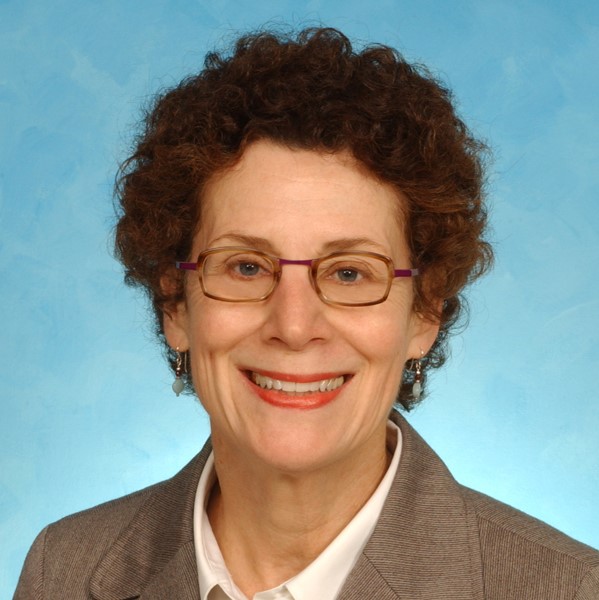 By Geraldine Jacobson, MD, MPH, MBA
By Geraldine Jacobson, MD, MPH, MBA
Cost, quality, and access to care are interconnected metrics used to evaluate health care systems. Of these, access is the most fundamental. If a patient cannot get to a clinic, see a provider, or get needed treatment, issues of cost and quality are irrelevant.
On a global scale, the lack of radiation oncology facilities in low- and middle-income countries represents a barrier to curative treatment. But even high-resource countries have barriers that decrease access to care.
I am a radiation oncologist in a rural state. Our unofficial state song is “Take Me Home, Country Roads” by John Denver. Our country roads are beautiful but winding, slow, and sometimes unpaved. For much of the United States, the conversation about access to care is focused on insurance status. For my patients the concept of access is less abstract. Can they get to our clinic? Our state is rural and mountainous with a significant older population and negligible public transportation. Radiation facilities are available only in more populated areas. Can my patients get to our facility for a course of multiple treatments? They may lack a car or be unable to drive; others have a car but cannot afford the cost of gas. Older or disabled patients may depend on friends or volunteer services for transportation. These issues affect patients who live any distance from our facility but are multiplied by those who live hours away.
As physicians who treat patients with cancer, we should think of improving access to care not only as a problem but as our problem. As a radiation oncologist, I can select treatments that are less time-consuming as long as it does not adversely affect outcome. This means recommending short courses of palliative radiation, choosing hypofractionated regimens when available, and investigating techniques that provide precise, short, and effective treatments.
By considering the barriers our patients face in obtaining their cancer care, oncology physicians can develop and recommend interventions that minimize the time and expense required for effective treatment. This will benefit our patients on a personal level and improve resource use no matter where in the world we practice.
Dr. Jacobson is a member of ASCO’s International Affairs Committee, and a radiation oncologist, and professor and chair of the West Virginia University Department of Radiation Oncology.


Recent posts